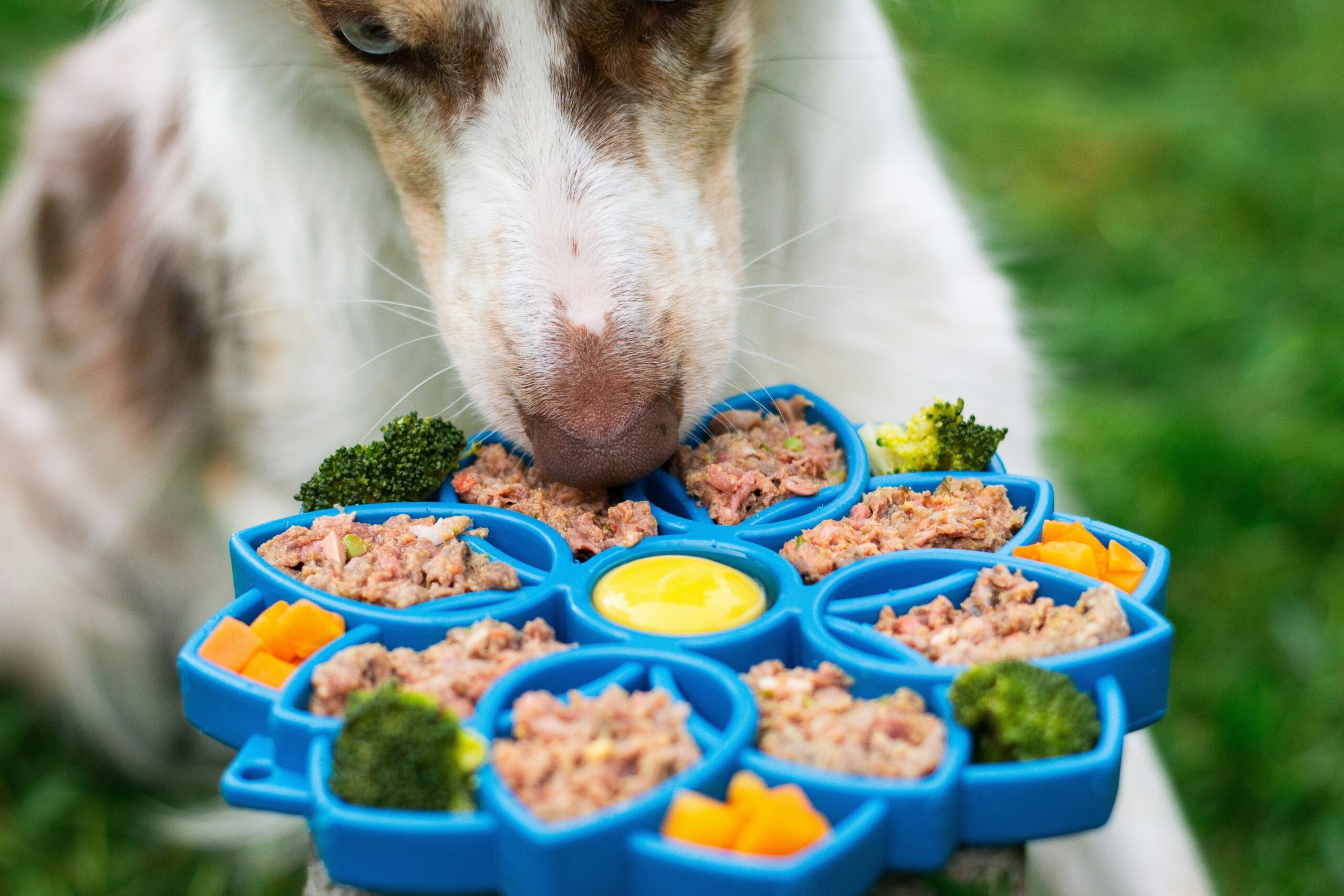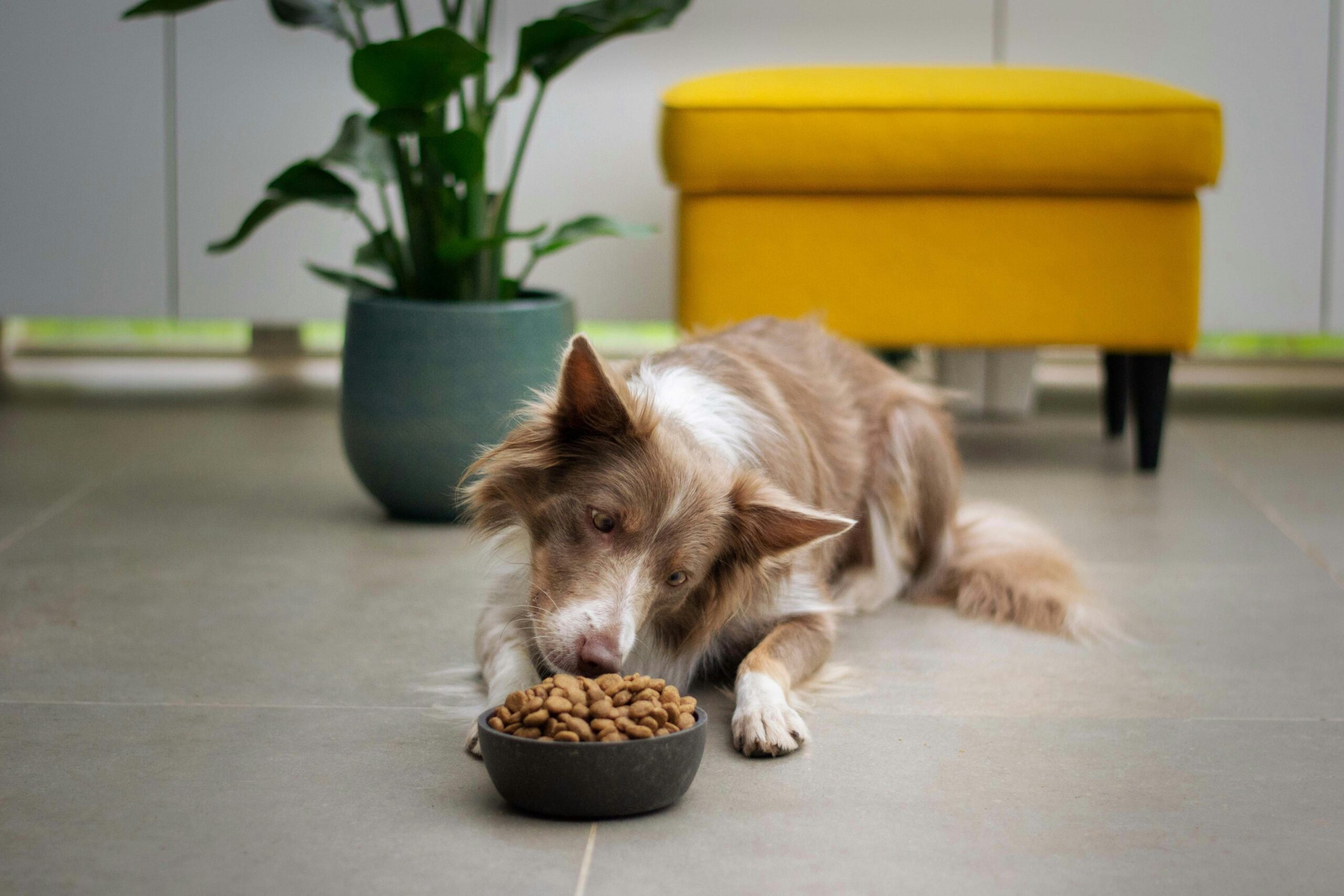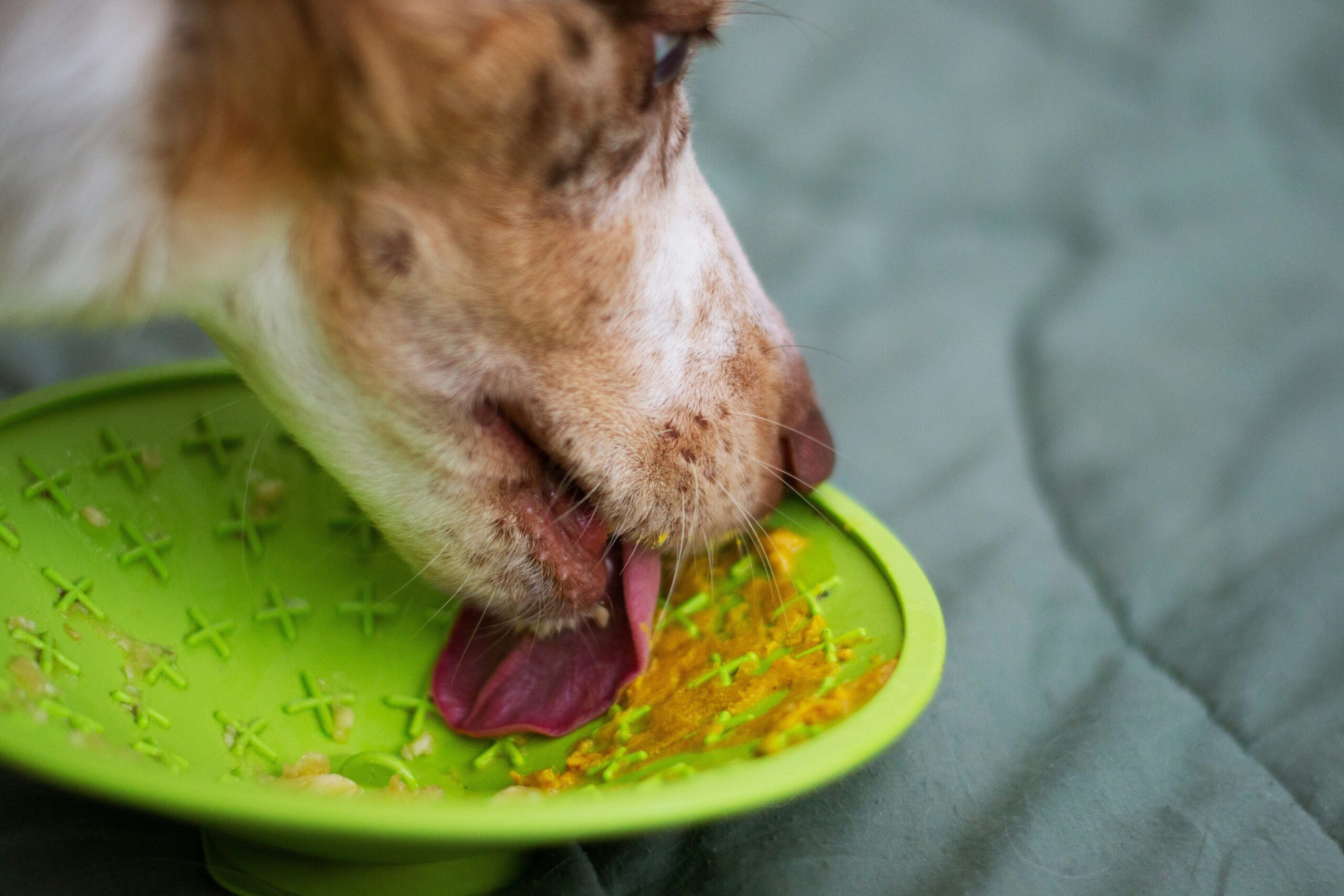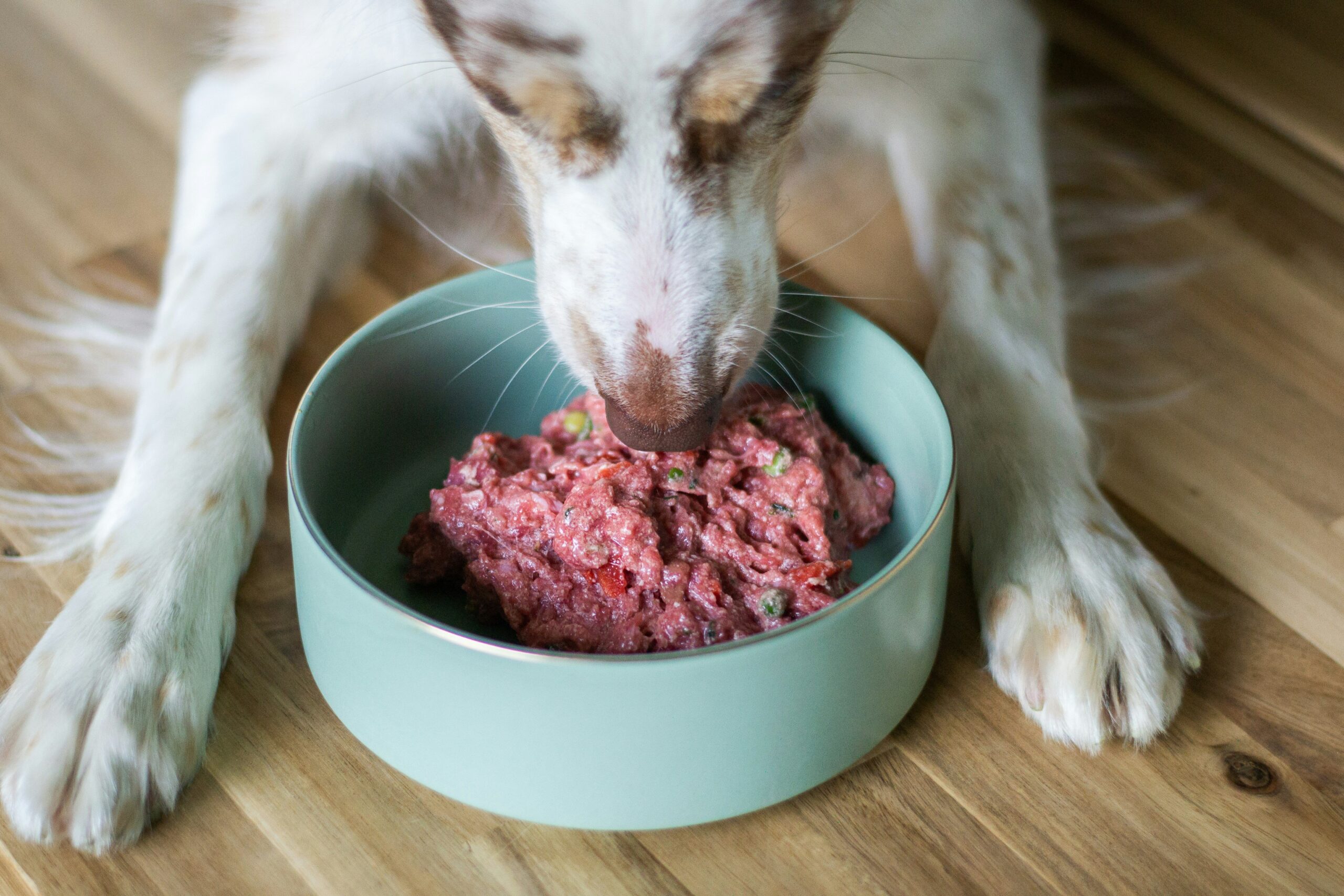Ever found yourself worried about your hunting dog limping home after a long day in the field? Trust me, you’re not alone. A staggering 40% of hunting dogs suffer from injuries related to poor nutrition and inadequate conditioning. But what if I told you that proper Injury Prevention Nutrition could be the game-changer your furry athlete needs? In this post, we’ll dive deep into how specialized food can keep your hunting dog healthy, energetic, and ready for action.
Table of Contents
- Introduction
- Why Injury Prevention Matters for Hunting Dogs
- Step-by-Step Guide to Injury Prevention Nutrition
- Best Practices for Feeding Hunting Dogs
- Real-Life Success Stories
- Frequently Asked Questions
- Conclusion
Key Takeaways
- Proper nutrition reduces injury risks by strengthening muscles, joints, and tendons.
- Specialized hunting dog food contains specific nutrients like glucosamine and omega-3 fatty acids.
- Avoid generic pet food—it lacks the tailored balance needed for high-performance activities.
- Hydration and portion control are just as important as the food itself.
- Transition slowly when switching to a new diet to avoid digestive issues.
Why Injury Prevention Matters for Hunting Dogs

Sure, watching your hunting dog sprint through fields is exhilarating—but it comes at a cost. Their bodies endure immense stress during intense physical activity, making them prone to strains, sprains, and even torn ligaments. Let me share a personal fail: I once fed my Labrador an off-the-shelf brand because “it looked good.” Big mistake. He started limping after every outing until I learned that his body wasn’t getting the right fuel.
The good news? Specialized pet food designed for hunting dogs focuses on Injury Prevention Nutrition, addressing common pain points such as joint health, muscle recovery, and overall stamina. This type of food often includes key ingredients like:
- Glucosamine and Chondroitin: Promote joint flexibility.
- Omega-3 Fatty Acids: Reduce inflammation.
- Antioxidants: Aid in faster recovery post-exercise.
Grumpy Optimist Dialogue:
Optimist You: “These supplements sound amazing!”
Grumpy You: “Yeah, but don’t forget—they won’t work overnight.”
Step-by-Step Guide to Injury Prevention Nutrition

Step 1: Evaluate Your Dog’s Activity Level
Ask yourself: Is my dog sprinting across acres or casually trotting behind me? Tailor their calorie intake accordingly. High-intensity workouts require more energy—and yes, that means more calories.
Step 2: Choose High-Quality Protein Sources
Look for formulas containing real meat like chicken, beef, or fish as the primary ingredient. Avoid fillers like corn or soy, which offer zero nutritional value for hunting dogs.
Step 3: Incorporate Joint-Supporting Ingredients
Ingredients like glucosamine aren’t just buzzwords; they genuinely help maintain cartilage integrity. Pair these with omega-3s for maximum benefit.
Step 4: Monitor Hydration Levels
We’ve all been guilty of forgetting water breaks during hikes. Pro tip: Bring a portable water bottle designed for pets and encourage regular sips.
Best Practices for Feeding Hunting Dogs
If you think any old dog food will do, think again. Below are some best practices to ensure your pup gets the most out of Injury Prevention Nutrition:
- Avoid Overfeeding: Too much food leads to obesity, adding unnecessary strain on joints.
- Transition Gradually: Mix new food with old over 7–10 days to prevent upset stomachs.
- Don’t Skip Vet Consultations: Always consult your vet before making major dietary changes.
Bonus Rant Section: Can we talk about those flashy ads promising miracle cures for everything from fleas to hip dysplasia? Yeah, sure, the packaging looks great—but check the label first! Marketing jargon ≠ actual results.
Real-Life Success Stories

Here’s a quick story: Meet Max, a 5-year-old German Shorthaired Pointer who used to struggle with tendonitis. His owner switched him to a specialized formula rich in collagen and omega-3s—and guess what? No more limping! Max now competes in agility trials with renewed vigor.
Another example is Bella, a Golden Retriever whose excessive weight gain slowed her down. After transitioning to a balanced, protein-rich diet and incorporating daily exercises, she lost 10 pounds and regained her playful spirit.
Frequently Asked Questions
Q: How does specialized food differ from regular dog food?
A: Specialized food targets unique nutritional needs based on breed, size, age, and activity level—think of it as personalized meal prep for your pooch.
Q: What’s one thing NOT to do?
A: Terrible Tip Alert! Never give your hunting dog table scraps. They may seem harmless, but human food often contains toxic additives harmful to canine digestion.
Q: Are supplements necessary alongside specialized food?
A: It depends. If the food already has ample joint-supporting nutrients, additional supplements might be redundant. However, always confirm with your vet!
Conclusion
Injury Prevention Nutrition isn’t just another trend—it’s a lifeline for hunting dogs pushing their limits daily. By ensuring they get the right mix of proteins, fats, vitamins, and minerals, you’re investing in their longevity and happiness. So next time you gear up for a hunt, double-check that food bowl—it might save you (and your pup) heartache later.
And remember,
Like chasing squirrels,
Good nutrition keeps
Your pup thriving.


